Even though this hearing and the Chairman’s quoted comments arise within the specific context of multifamily housing, they nevertheless are relevant to manufactured home financing as they reflect broader thinking in Congress regarding federal involvement in the housing market
Most particularly, the comments in paragraphs 3 and 4 once again confirms what MHARR has been saying all along with respect the failure of the FHA (via GNMA) and GSEs to provide adequate securitization and secondary market support for manufactured home loans and especially personal property (chattel loans) –i.e., that FHA and the GSEs have fundamentally departed from their original statutory mission of providing access to credit for lower-income borrowers and first-time homebuyers. That departure has harmed the very consumers that these entities were formed to serve, as well as the manufactured housing industry as a provider of affordable homeownership, with both FHA and the GSEs refusing to provide high-volume securitization for manufactured home loans – citing “risk” and “perceptions” without any hard data on the performance of current-day manufactured home loans – when it was the ventures of FHA and the GSEs in the “exotic” and subprime site-built mortgage market that led to the insolvency of the GSEs and now the near-insolvency of FHA.
Consequently, even though the availability of high-volume securitization for manufactured home loans – and especially chattel loans – has the capacity to turn the industry around virtually overnight and provide access to truly affordable homeownership for the lower-income borrowers and first-time homebuyers that these entities were created to serve, they nevertheless cling to discriminatory policies that have severely restricted such lending through the FHA Title I program and effectively excluded such loans from GSE support, notwithstanding the statutory “Duty to Serve” mandate. These baseless policies, moreover, have enabled the domination of the chattel finance market by a handful of companies with either pre-existing access to that restricted securitization or independent financial backing, further harming both consumers and the industry.
As this demonstrates, expanding the availability of chattel loan securitization and support to high volume levels must be a top priority for the industry in Washington, D.C.
Given the focus of the current Administration on providing fairness and increased access to home financing for the lower-income borrowers that FHA and the GSEs were created to serve, the industryhas a window of opportunity in the coming months to take concrete steps to correct these flawed policies and expand the availability of manufactured home financing. ##

Manufactured Housing Association for Regulatory Reform (MHARR)
1331 Pennsylvania Ave N.W., Suite 512
Washington, D.C. 20004
Phone: 202/783-4087
Fax: 202/783-4075
Email: MHARRDG@AOL.COM
Press Release
For Immediate Release
May 16, 2013
Hearing Explores Government Role in Multifamily and Health Care Facilities Mortgage Insurance and Reverse Mortgages
WASHINGTON –The Financial Services Housing and Insurance Subcommittee continued its examination of the troubled Federal Housing Administration (FHA) today with a hearing that focused on several of the agency’s programs that operate outside its mission.
This was the subcommittee’s third hearing this year examining FHA and the need to reform the agency.
“FHA runs its operations contrary to the most basic principles of insurance and is nearing insolvency, putting taxpayers at risk of another government bailout,” said Subcommittee Chairman Randy Neugebauer (R-TX). “Members on both sides of the aisle strongly support FHA’s core mission of providing access to credit for lower-income borrowers and first-time homebuyers. There still is a general consensus in favor of strengthening and improving FHA, without risking further taxpayer exposure.”
Today’s hearing examined the mortgage insurance programs the FHA operates for multifamily housing, health care facilities and reverse mortgages – all of which are activities that reach far beyond the agency’s original mission. The FHA’s original mission is to provide mortgage financing opportunities for low-income and first-time homebuyers.
Given that the FHA was designated a “high risk” agency by the Government Accountability Office earlier this year, many wonder whether the FHA can viably carry out its original mission, much less these other programs that are not related to its mission.
In addition to insuring single-family mortgages, the FHA also insures other kinds of mortgages—such as those for multifamily rental housing and health care facilities—through a separate insurance fund called the General Insurance and Special Risk Insurance Fund. While this fund is not projected to incur losses in the near term, many are concerned about the role the FHA plays in the multifamily market and that its policies subject taxpayers to undue risk.
Due to a lack of transparency in the GI/SRI Fund, Congress cannot fully assess the fiscal state of the FHA’s multifamily insurance program.
The FHA also operates an insurance fund for reverse mortgages that enables those aged 62 or older to obtain additional income by borrowing against the equity in their homes. To make these mortgages possible, the reverse mortgage insurance provided by FHA protects lenders from losses due to non-payment.
In recent years, as home prices have fallen, many experts have become concerned about losses in the FHA’s reverse mortgage portfolio. An independent actuarial review released last November estimated that the economic value of the FHA’s reverse mortgage insurance program was negative $2.8 billion.
###





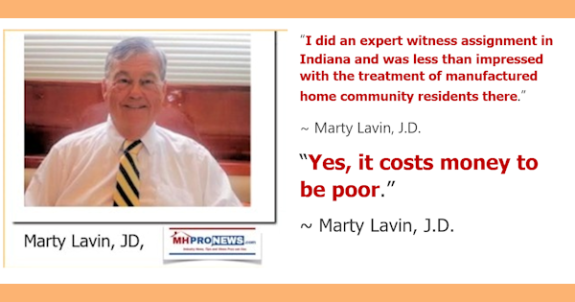
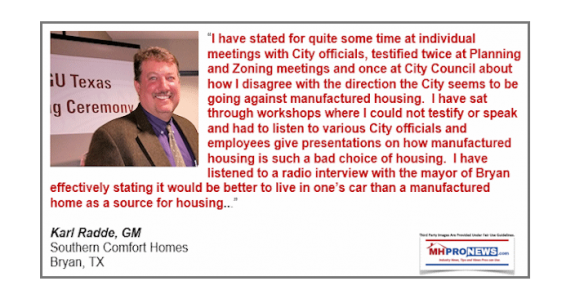
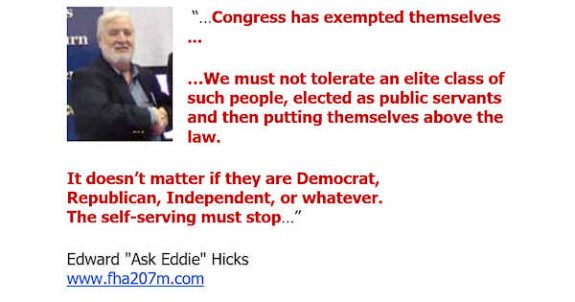
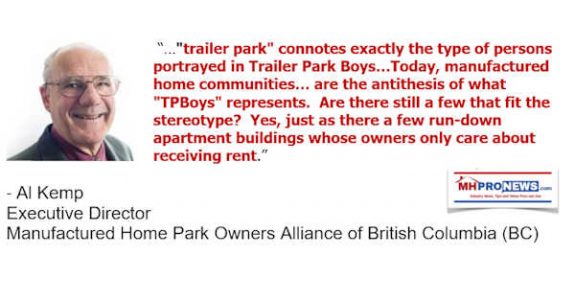
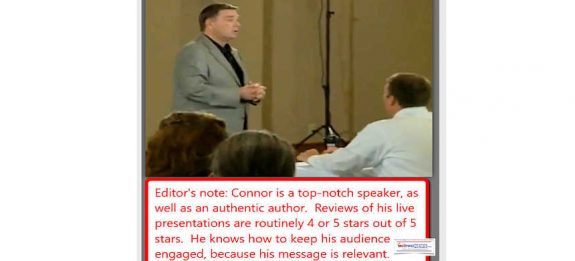
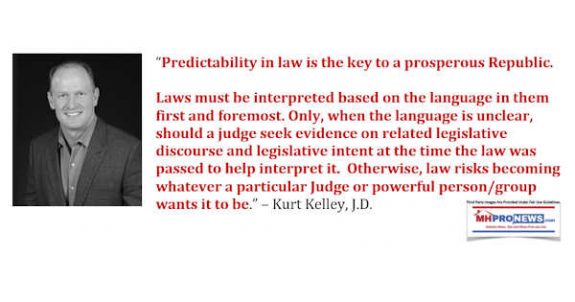

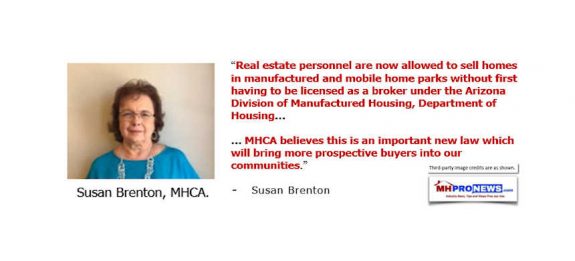
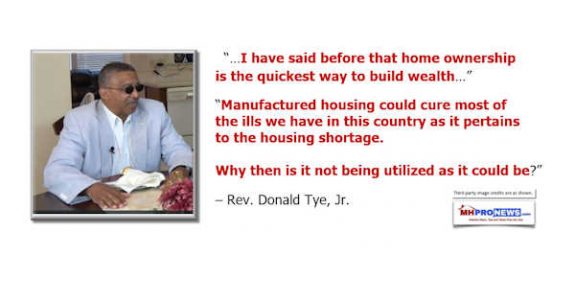
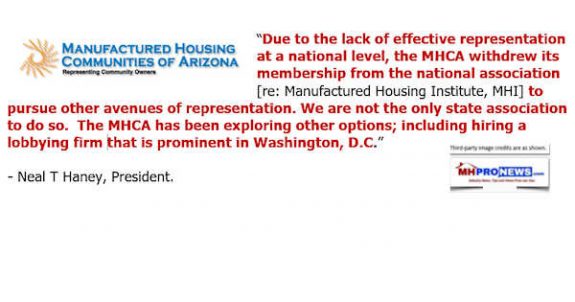
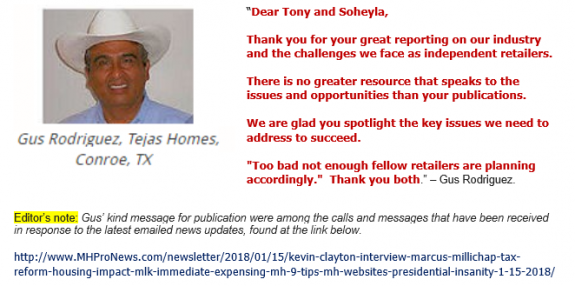
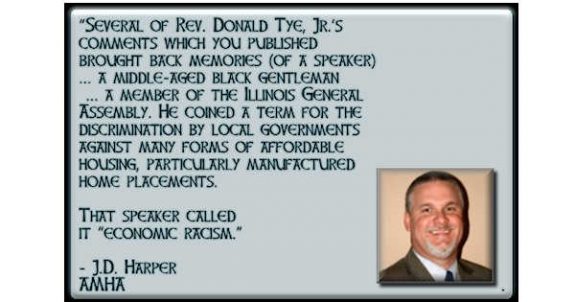
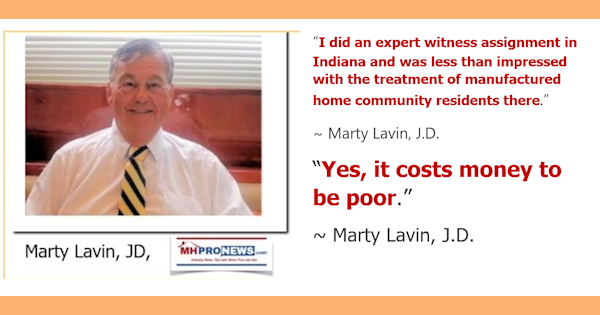
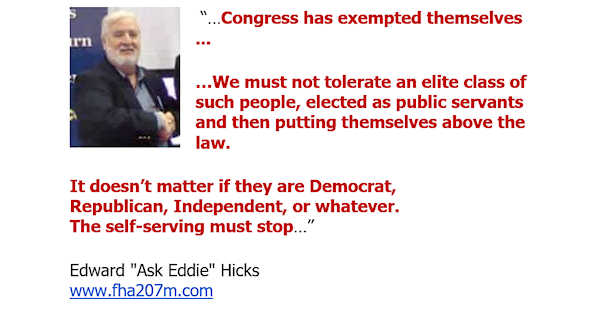
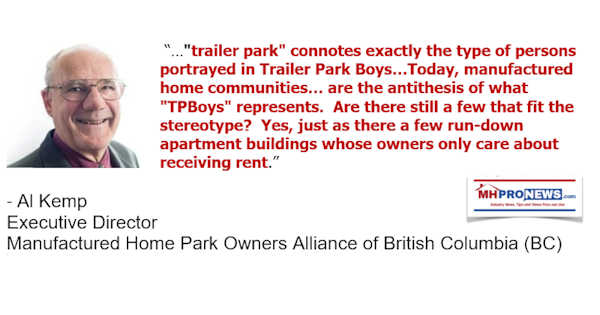
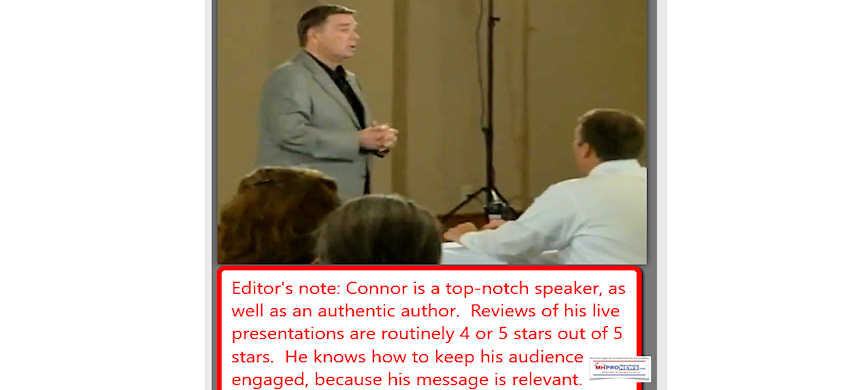
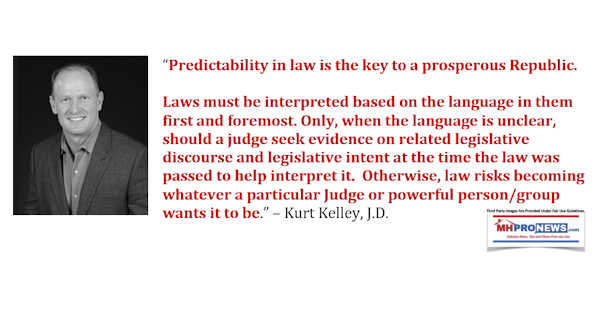

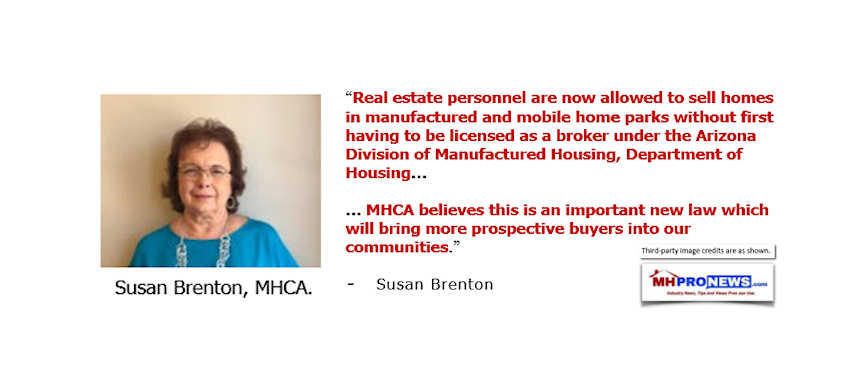
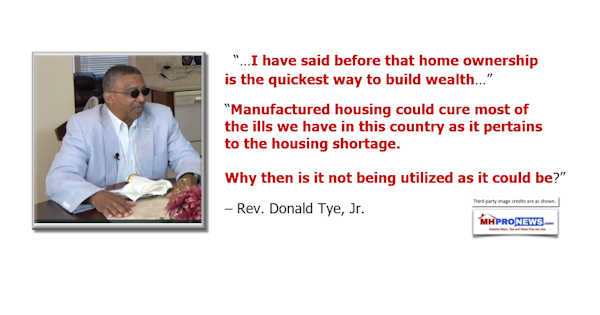
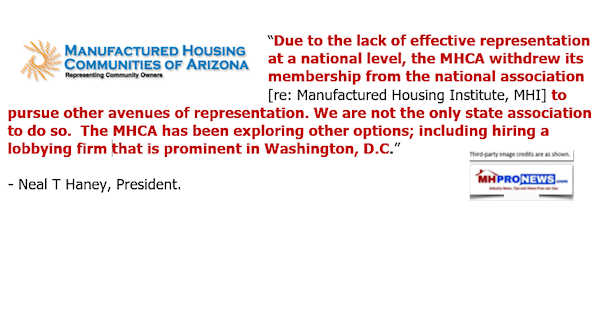
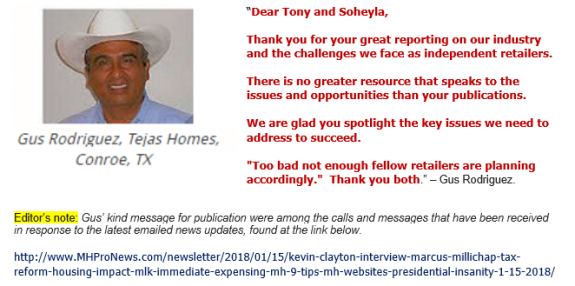

Karl Radde – TMHA, MHI, Southern Comfort Homes – Addressing Bryan City Leaders, Letter on Proposed Manufactured Home Ban
To All Concerned [Bryan City Officials, Others]: As the retail location referenced by Mr. Inderman, I would like to take a moment to address the …